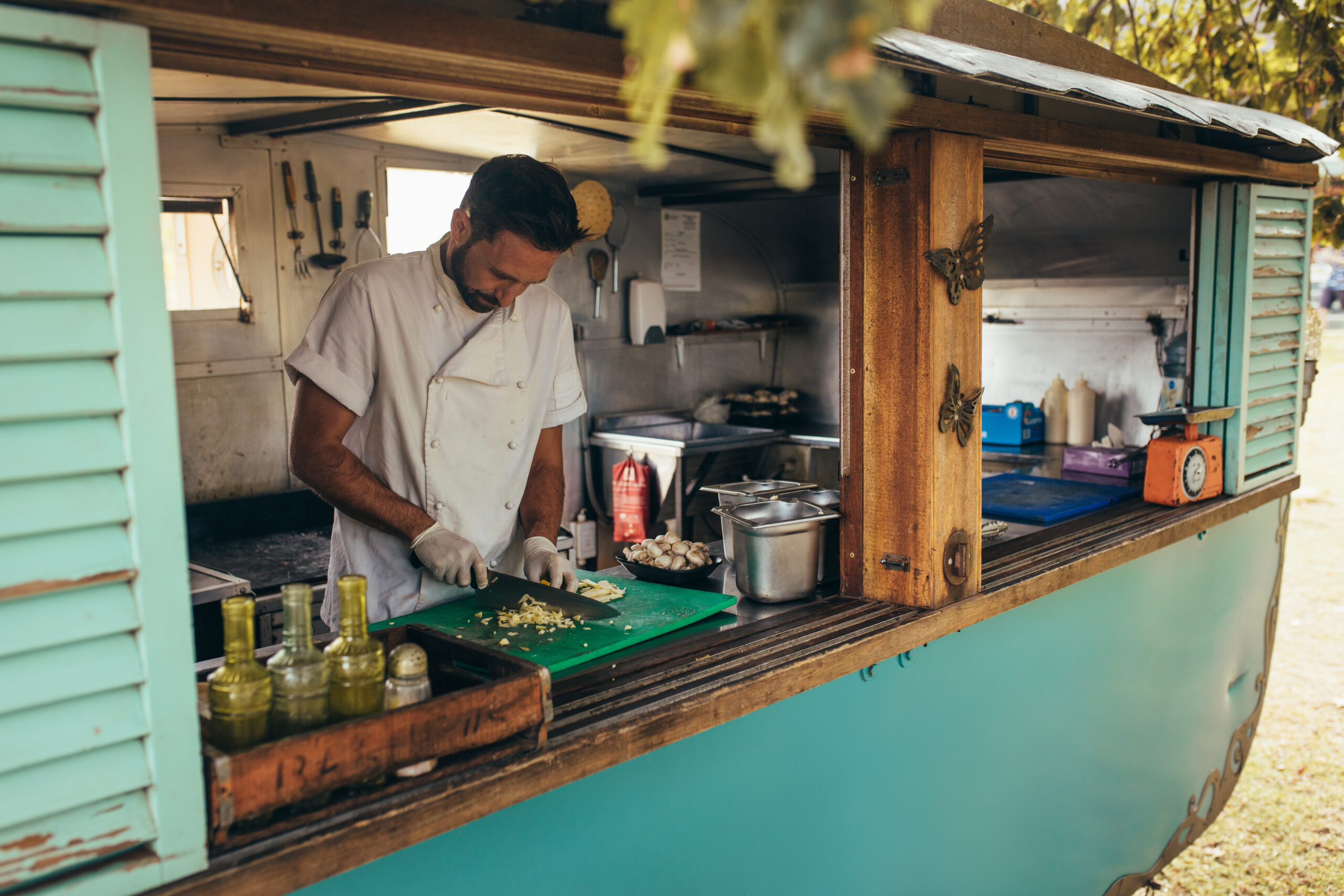Food trucks have become a popular trend in recent years, and for good reason. They offer a unique dining experience, allowing you to be your own boss. However, behind the excitement and allure of owning a food truck comes hidden costs that may derail your dream if not accounted for. In this post, we will discuss some unexpected expenses that food truck owners should know before embarking on this adventure.
Permits and Licenses
Before operating a food truck, you need permits and licenses from local health departments, zoning authorities, and other regulatory bodies. The fees for these permits can vary widely among states and cities. Depending on your location, you may also have to renew these permits annually. Be sure to research the regulations in your area and factor these costs into your financial plan.
Equipment
Food trucks require specialized equipment, such as generators, refrigerators, and cooking appliances. Unlike a brick-and-mortar restaurant, where you can negotiate payment plans or buy equipment piece by piece, food trucks require a significant upfront investment. And that’s not all – you also need to consider the cost of maintaining and repairing your equipment. Remember that equipment fails, and you must regularly service appliances to avoid malfunctions.
Fuel
Food trucks run on gasoline, propane, or electricity, all with costs. The fuel price varies greatly, so fuel costs can quickly add up depending on how often and how far you move your truck. Keep track of your gas mileage, plan your routes effectively, and account for any fluctuation in fuel prices.
Commissary
A commissary is a commercial kitchen where you can prepare food for your truck. Unless your vehicle is self-contained and has a built-in kitchen, you need a commissary to comply with local health codes. Some commissaries also offer storage facilities that can cost money in addition to kitchen fees – consider how often you need to use the facility and plan accordingly.
Maintenance and Repairs
As mentioned earlier, food trucks require specialized equipment, from cooking appliances to refrigeration. Equipment breakdowns are bound to happen and can slow you down, leaving you stranded on the side of the road. Preventative maintenance is critical to keeping your food truck running smoothly; routine repairs can be expensive. Consider creating an emergency fund you can tap into in case of unforeseen repairs and regular truck inspections to avoid costly repairs in the first place.
Food trucks are a fun and exciting way to make a living, but running one requires more than just passion and skill in cooking. Knowing the hidden expenses food truck owners face and planning for them can minimize disruptions and function efficiently. Remember to factor fuel, permits, licenses, repairs, equipment, and other costs into your budget. Doing so will help you stay on track, create a solid business plan, and continue doing what you love – making great food!

